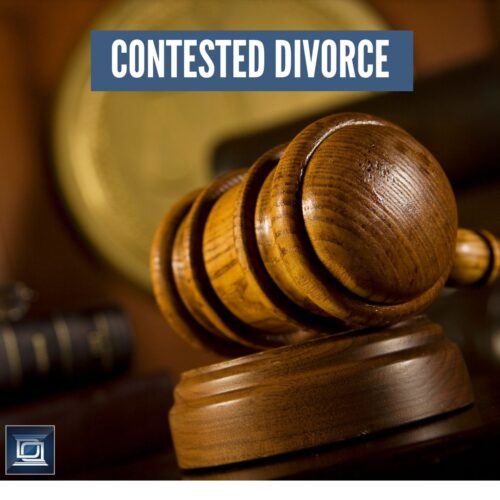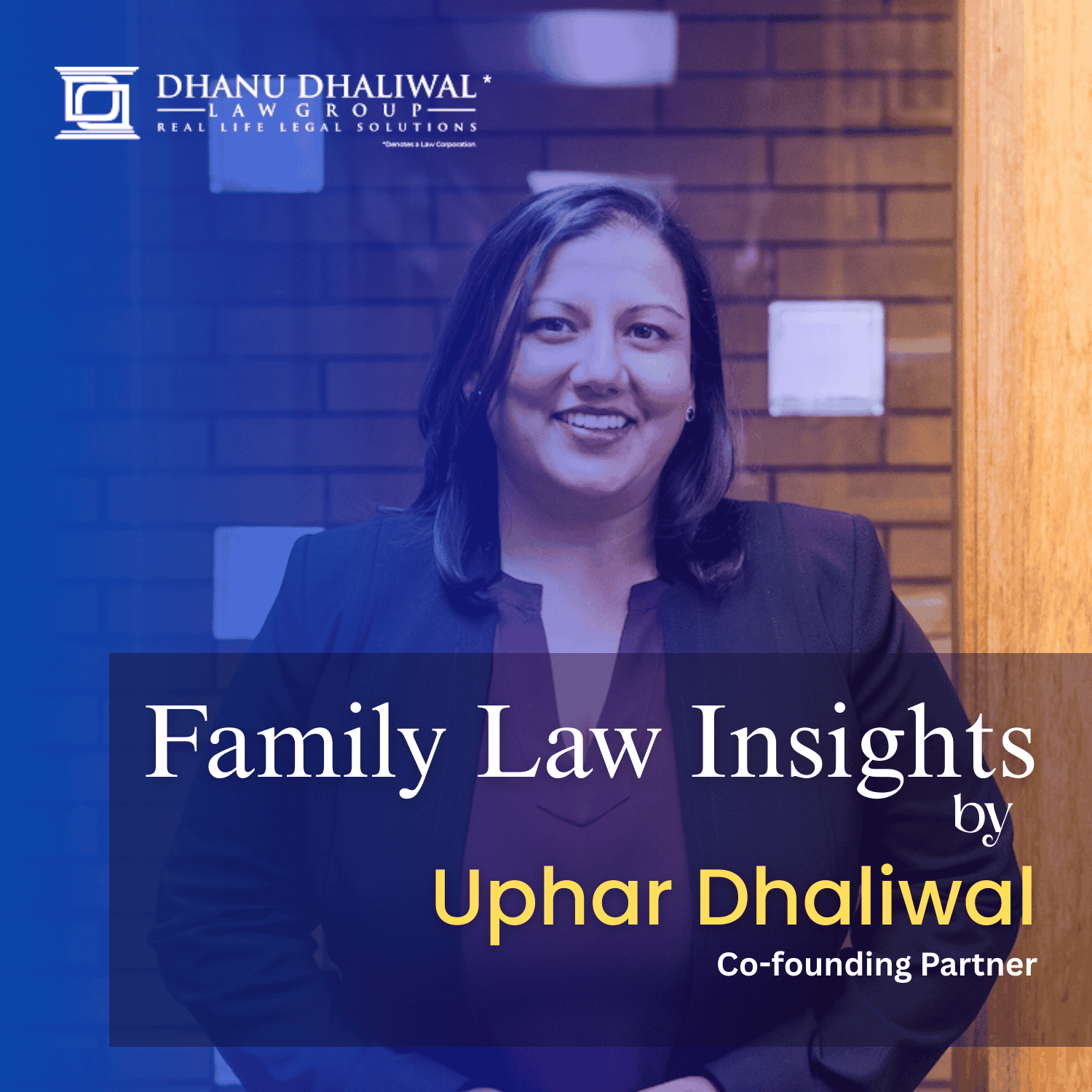A lot of discussion about divorce tends to be hetero-normative, despite the fact that same-sex and other “non-traditional” marriages have been legal for two decades! And while most of the law is the same for all couples, there are some unique aspects of LGBT divorce that don’t typically get addressed.
Let’s take a look at LGBT divorce and the concerns that many couples and parents have about it.
How LGBT Divorce Works
First, the laws regarding divorce and separation apply equally to all couples, regardless of sexual orientation or gender identity. This is defined in the Divorce Act, which establishes laws and regulations for all divorces in the country. To initiate a divorce in British Columbia, the following general steps need to be taken:
- Separation: Couples must live separate and apart for at least one year before they can apply for a divorce. This separation period is the same for both opposite-sex and same-sex couples.
- Divorce Application: The spouse seeking the divorce (referred to as the “petitioner”) files a divorce application in the Supreme Court of British Columbia. The application includes information about the marriage, grounds for divorce (typically the breakdown of the relationship), and any issues related to children, support, or property division.
- Serving the Application: The petitioner must serve the divorce application and related documents to the other spouse (referred to as the “respondent”) in accordance with the rules of service.
- Response: The respondent has a specified period to respond to the divorce application. They can contest the divorce or address any related issues, such as custody, support, or property division.
- Resolving Issues: If there are disputes regarding child custody, child support, spousal support, or division of property, the parties may need to engage in negotiation, mediation, or court proceedings to resolve these matters. The court’s primary consideration is the best interests of the children and fairness in the division of property.
- Divorce Order: If the divorce is uncontested or if the parties have resolved all related issues, the court will issue a divorce order. This order legally terminates the marriage.
During this process, things like property division, mediation, and the process in court all work exactly the same for LGBT couples and heterosexual couples.

Custody Rights for LGBT Parents
You may be concerned that child custody doesn’t work the same for LGBT divorce as it does for heterosexual couples.
This is where many couples start to worry, since most cases of divorce involve two biological parents, but it’s more likely that your child is either only biologically related to one parent, or they’re adopted.
Probably the most important thing to take from this article is that custody rights and decision-making power do not automatically favor the biological parent in a divorce.
In Canadian family law, the best interests of the child are the primary consideration when determining custody and decision-making arrangements.
The courts in Canada generally approach custody and decision-making matters with the goal of maintaining the child’s meaningful relationship with both parents, provided it is in the child’s best interests. Blood relation has no bearing on this.
When making custody and decision-making determinations, the court may consider various factors, including:
- The child’s age and developmental needs.
- The nature and quality of the child’s relationship with each parent.
- The ability of each parent to meet the child’s physical, emotional, and psychological needs.
- The ability of each parent to communicate and cooperate with the other parent.
- Any history of family violence or abuse,
The court will consider these factors and other relevant evidence in order to determine the best custody and decision-making arrangement for the child.
Every case is unique, and the court’s decision will be based on the specific circumstances and evidence presented in your case. You should also know that if you are unable to reach a mutually satisfactory agreement, the court may intervene and make a decision that promotes the best interests of your child.
Property Division for LGBT Couples
Property division is another area of divorce law that can be concerning for LGBT couples. In general, the laws apply the same for all couples:
- Each partner retains ownership of the assets they brought into the marriage or relationship.
- Assets acquired during the relationship, as well as any increase in value of pre-existing assets, are to be divided equally (50/50) between the partners.
- Gifts or inheritances received by either partner during the relationship are considered separate and can be kept individually (any increase in value goes back to point #2).
- Debts incurred jointly by both partners during the relationship will be shared equally, with each partner responsible for paying 50%.
- Debts brought into the relationship by either partner will remain their sole responsibility.
These are just the “defaults” of divorce. If you’re looking for an alternative arrangement or customized solutions, consulting a family lawyer is recommended.
For more detailed information on property and debt division during separation, you can check out our other post, The Ins and Outs of Property Division.
If you are considering divorce or have specific questions about your situation, you should consult with a family law lawyer in British Columbia. Our team here at Dhanu Dhaliwal Law Group can provide guidance tailored to your circumstances and help you navigate the legal process. Give us a call today or fill out our contact form to get started.






